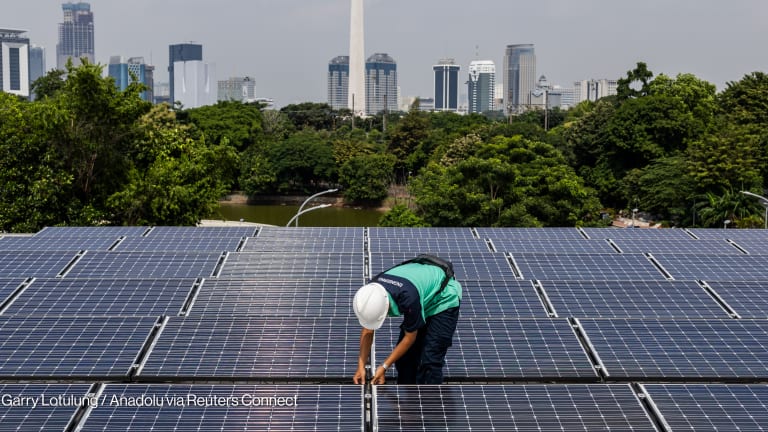DELHI, India — India needs to double its electricity requirements by 2030 to fulfill its growing demand but cannot address it with nonrenewables thanks to the country’s commitment to renewable energy. To counter this, the Indian government set a bold target to increase its renewable energy capacity to 500 GW or half its energy needs by 2030.
While the government managed to increase its use of solar energy to 65GW, it is still only 65% of the 100 GW govt planned to install by the end of 2022. It also came at the cost of agricultural land being converted into solar farms.
Experts now worry that this push may lead to food insecurity in the future as the country would need at least 400,000 hectares of land by 2030 to achieve its renewable goals.








